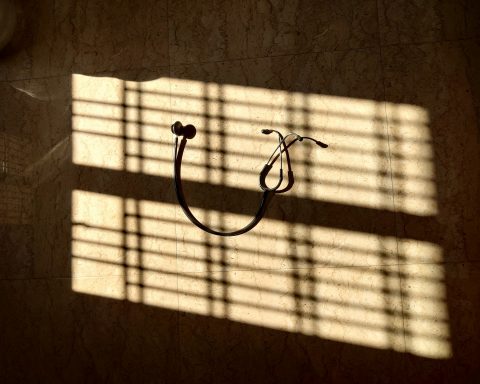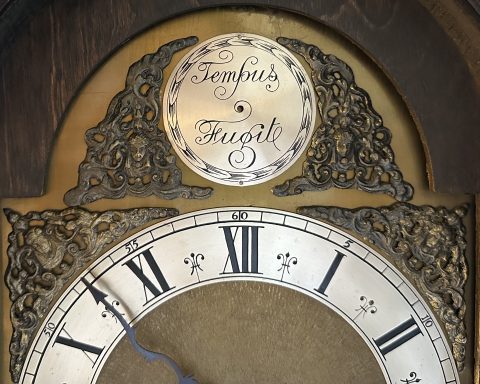 Hilde M Buiting is a senior researcher at Antoni van Leeuwenhoek and the University of Amsterdam.
Hilde M Buiting is a senior researcher at Antoni van Leeuwenhoek and the University of Amsterdam.
Intense grief can, despite the fact that everyone is experiencing grief somewhere in their life, be regarded as one of the biggest taboos in medicine (At least in western society). Whereas discussions surrounding death and dying or discussions about sexuality are ordinarily recognised as a taboo, and approached as such, this is not the case for grief. This is precisely why it could be argued that this can even be regarded as an even bigger taboo.
People in grief are generally considered to be healthy, they are usually expected to be back at work in a happy, light and joyful way rather quickly.
People in grief are generally considered to be healthy, they are usually expected to be back at work in a happy, light and joyful way rather quickly. This is however not always feasible. Grief may for instance go along with depressive symptoms which may also limit some forms of flexibility in your ideas and plan. Moreover, there are many more other symptoms that accompany grief. So, in situations where society or your close environment demands you to be as strong and resilient as possible, you may feel to act in exactly the opposite way.
The immense loneliness in what people who grief may experience, can to a certain extent be compared with people who survived long periods of isolation or loneliness. In one of our previous papers we referred to the Dutch philosopher René ten Bos, by explicating that some situations are in itself too difficult to describe by stating: ‘In summary, we can state that when it comes to intensities, words suddenly appear to have weight disturbances. They are too heavy, they are too light, it is never right.’1
…grief can also be regarded as an explosion of emotions and loneliness where finding the right words to express what you are feeling can become rather difficult.
In our above paper we referred to the COVID-pandemic. However, just like the experiences during the pandemic (e.g. living in isolation for quite a long time), grief can also be regarded as an explosion of emotions and loneliness where finding the right words to express what you are feeling can become rather difficult.1 Both in private as well as professional or work settings, expressing grief can be experienced as a barrier, partly because your environment does not know or do not want you to know what you are experiencing right now. Accordingly, supporting people who grief might sometimes be rather difficult too.
Poetry may help. ’Poetry survives’ is what Campo said since it ‘may represent shared grief, an acknowledgement of common humanity in the face of immutable mortality, and a blinking of light in the darkness.’2 While grief in itself is difficult to describe, it can sometimes be better approached in a poem. This is what we tried to do in the poem below.
Shared grief
Intense grief.
Once you think: ‘This is tormenting’.
It is becoming even more intense.
Once you think: ‘What ever made me smile?’,
You do not even hear the birds singing anymore.
The warmth of the sun, is no real warmth.
The smell of flowers surrounding you, is not satisfying anymore.
It is not like a depression.
Often emerging in an abrupt way also.
This is different and more tough.
Due to the sudden disappearance of your loved one,
You are feeling completely empty.
Not having the slightest idea,
How and if you will ever be able to feel the same again.
Your eyes are telling how you must be feeling.
(if you are capable of observing this yourself)
They are at least telling everyone else what you must be feeling.
They do not lie.
They help.
To see you.
With pictures of the past proving this even more.
Experiences.
That depleted your mind, body and soul.
Suddenly, the energy grows.
You are looking up again.
Remembering the past, peacefully.
And (also) with gratitude.
Past memories about your deceased loved one are available,
But, enveloped in warmth.
Not as a cold and mean devil anymore.
As a new version,
Positive and negative experiences will probably be approached differently too.
References
1. Buiting HM, Sonke GS. Incorporate experiences as a medical oncologist to enlighten severe loss of a loved one: An optimistic perspective. Clinics of Oncology 2023;6(17):1-2.
2. Campo R. Does Poetry Make Nothing Happen? JAMA 2023;329(20):1797-97.
Featured image by Peter Chiykowski on Unsplash








